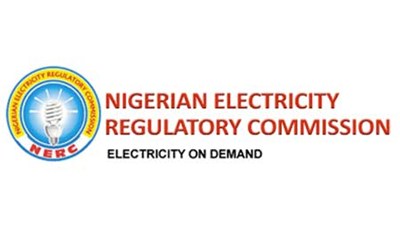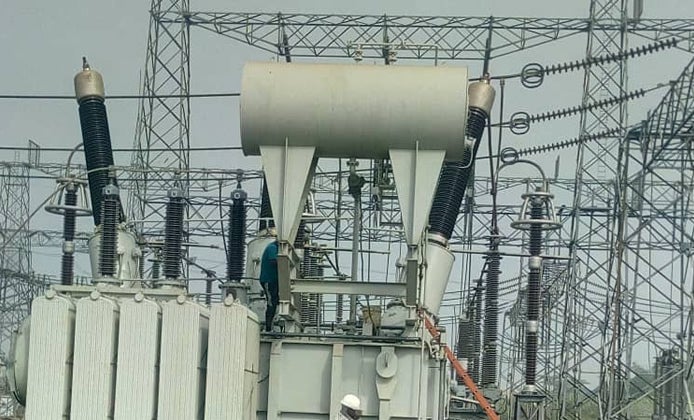In a press release on June 19, 2018, NERC announced that it had suspended the Board of Directors of Ibadan Electricity Distribution Company (IBEDC) and other key management staff through its Order No NERC/181/2018.
According to NERC, this is on account of the company’s default in the recovery of an inappropriate shareholder loan of N6billion granted to Integrated Energy Distribution and Marketing Group (IEDMG) Ltd by the utility. IEDMG is the core investor in IBEDC following the privatization of electricity distribution companies by the Federal Government.
The loan was granted by IBEDC from funds released to all DisCos by the CBN under the Nigeria Electricity Market Stabilisation Funds (NEMSF) for the purpose of improving the networks and reducing aggregate technical, commercial and collection losses.
The Commission had earlier fined IBEDC a sum of N50million on the 18th of September 2017 for non-compliance with Order No NERC/173/2017 directing the company to fully recover the outstanding sum of N5.7bn being the balance of the loan granted by the utility to IEDMG.
In a swift rebuttal, however, the suspended board of IBEDC through its company secretary, Mr. Seye Alayande, made public the following response:
NERC’s Suspension order —Our Response
1) The Board of the Ibadan Electricity Distribution Company, IBEDC, received with shock and disbelief the decision of the Nigerian Electricity Regulatory Commission,
NERC to suspend all executive and non-executive directors of IBEDC in its order: NERC/181/2018 dated 19th June 2018.
2) The suspension, which was premised on alleged non-compliance with the repayment terms of investors’ commitment to the company, is not only unwarranted but injudicious given the circumstances and realities of issues at stake.
3) We say so for the following reasons:
Firstly, as NERC rightly observed in its Order, IBEDC complied with the payments of the fine and interest on the pre-takeover expenses as imposed by the Regulatory Authority.
Secondly, NERC and IBEDC reached an understanding in respect of the N5.7billion outstanding due for payment by Integrated Energy Distribution & Marketing Group Limited (IEDMG). The two parties reached an understanding that the repayment of the 5.7billion plus interests would be made from the refund of the sum due from the federal government on the stalled Yola Electricity Distribution Company transaction.
This position was to the knowledge of the Bureau of Public Enterprises, BPE.
The understanding from BPE, which was conveyed to NERC was that the refund which had been due to IEDMG as far back as 2015, could only be made after the 2018 Appropriation Bill is signed into Law.
To demonstrate commitment and good intention, IEDMG reached an understanding with NERC to pay ₦150million monthly to IBEDC beginning from January 2018, while awaiting the refund from BPE in respect of Yola transaction.
It is true, as NERC claimed, that as of 20 April 2018, the payment for January, February and an additional ₦130million had been affected.
More importantly, however, is the fact that as at Thursday, 14th June 2018, IEDMG had made all outstanding payment up till May 2018, in respect of the monthly N150million commitment.
It is for this reason that the Board of IBEDC is at a loss over this seemingly hasty decision to suspend the directors who had not only demonstrated willingness and commitment to fulfilling its financial obligations to IBEDC, but have collectively shown dedication to the cause of the company.
It is our hope that NERC will take a second look at the issue in contention and reverse this decision in the interest of all the stakeholders and the nation.
The usual concerns that are begging for answers are many. Why did the IBEDC make the inappropriate loan to its core investor in the first instance? Is the arrival of a new Chairman at NERC and this act of suspending the IBEDC board a sign that it will no longer be business as usual in the power industry? Can the Nigerian public now begin to hope that a regulatory agency in such a critical sector will actually carry out its mandatory duties effectively?
Source: Energy News






